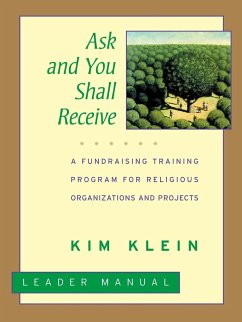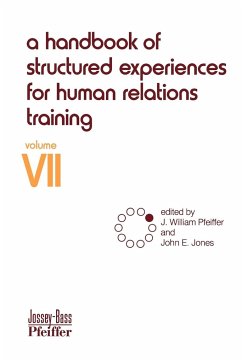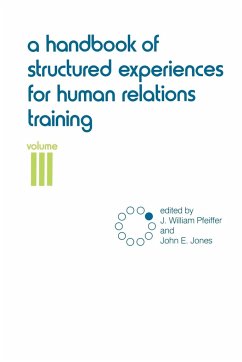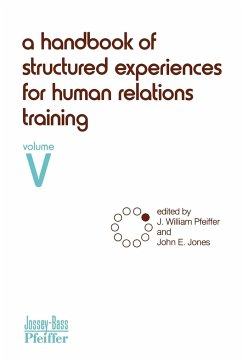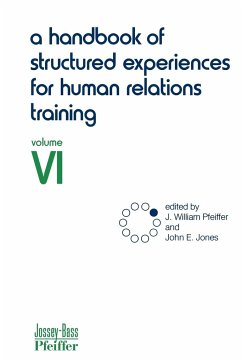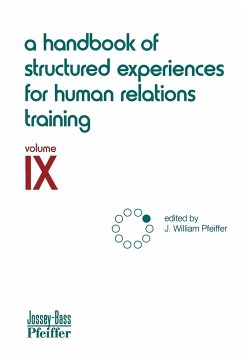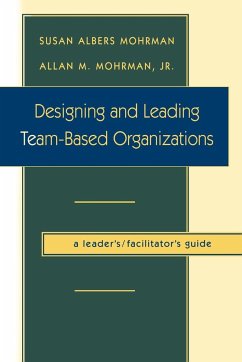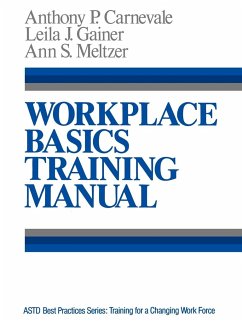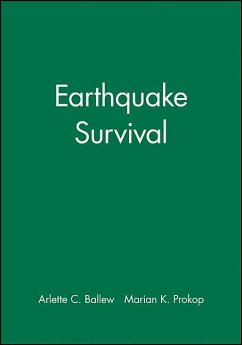
Stranded in the Himalayas, Leader's Manual
Versandkostenfrei!
Versandfertig in über 4 Wochen
32,99 €
inkl. MwSt.

PAYBACK Punkte
16 °P sammeln!
Activity participants enjoy a simulated mountain climb. In this imaginary setting, they must arrive at consensus in order to succeed, and they experience the magic of group power: synergy. The subject of this simulation (a mountain adventure) is not the topic for learning. It provides an interesting, engaging, and entertaining way to introduce the concepts of consensus and synergy in decision making. These concepts are useful to all kinds of problem-solving and decision-making groups in organizations. First, participants attempt to make decisions on their own. Then, joining the group, they com...
Activity participants enjoy a simulated mountain climb. In this imaginary setting, they must arrive at consensus in order to succeed, and they experience the magic of group power: synergy. The subject of this simulation (a mountain adventure) is not the topic for learning. It provides an interesting, engaging, and entertaining way to introduce the concepts of consensus and synergy in decision making. These concepts are useful to all kinds of problem-solving and decision-making groups in organizations. First, participants attempt to make decisions on their own. Then, joining the group, they compare answers and attempt to agree on the best course of action. Like never before, participants will see the benefits of heeding advice and soliciting opinions. The leader of this activity needs a copy of the Leader's Guide, which contains all of the information that a leader or facilitator would require to conduct this simulation. Every step in preparation, facilitation, and follow-up is enclosed. A professional facilitator is not necessary to conduct this activity. The Activity book contains the engaging simulation?every participant will need a copy. One cannot talk about consensus and expect employees to understand. Employees must learn by doing; they must experience synergy. Leaders will watch their teams develop and prosper when they are "stranded in the Himalayas." What is a consensus activity? A consensus activity is an experiential learning activity in which participants are faced with a simulated problem. Participants receive a series of questions that require them to decide on a course of action. First, participants answer these questions individually. Then they collaborate and make collective judgments. When the "answers" to the questions are revealed, the collective judgments are usually superior to those arrived at individually. Why conduct a consensus activity? A consensus activity is the most powerful introduction to the concept of synergy. Plus these activities are fun and irresistibly involving! Groups are greater than the sum of their parts. Each member of a group has a small piece of knowledge. When group members exchange these "fragments," they find that collectively they have a huge body of knowledge. Therefore, they are almost always more successful when they heed advice and solicit opinions. Groups or teams that experience a consensus activity become more collaborative, more productive?and smarter!



